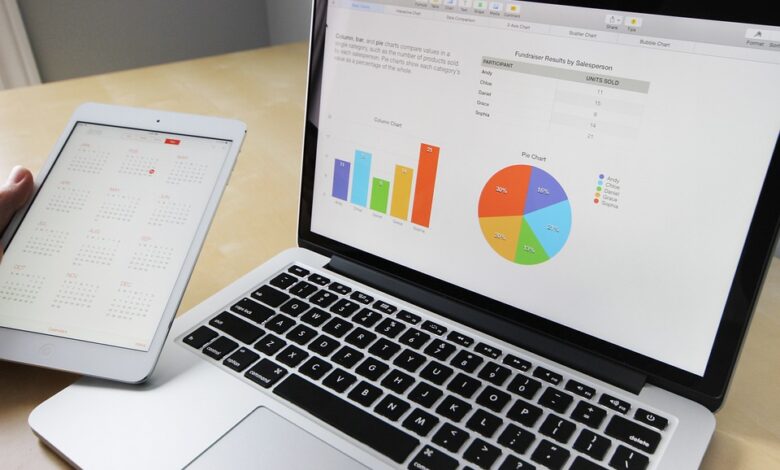10 Ways a Calendar Enhances Productivity and Time Management

10 Ways a Calendar Enhances Productivity and Time Management
Time is undoubtedly our most valuable resource, and managing it efficiently is key to achieving success and reducing stress in our daily lives. One powerful tool that can significantly enhance productivity and time management is a calendar. Calendars provide structure, aid in planning, and enable us to prioritize tasks effectively. In this article, we will explore ten ways a calendar can help us optimize our time and increase our overall productivity.
1. Scheduled Task Visibility:
A calendar offers a visual representation of our commitments, deadlines, and appointments. By capturing all our tasks and events in one place, we can easily assess our schedule and gain insight into upcoming priorities. With a quick glance, we can identify time slots that are available for new activities or allocate more time to pressing tasks that demand our immediate attention.
2. Prioritization and Focus:
A calendar allows us to assign importance levels and set deadlines for tasks. By allocating specific time slots, we force ourselves to remain disciplined and focused. This helps prevent procrastination and encourages heightened productivity. Prioritizing tasks on a calendar enables us to concentrate on what truly matters.
3. Improved Planning:
Effective planning is crucial for staying organized and achieving desired outcomes. Utilizing a calendar ensures that we allocate adequate time for necessary preparations before important meetings, project deadlines, or personal commitments. Additionally, planning ahead allows us to identify potential conflicts or overlaps, giving us an opportunity to reorganize our schedule to avoid unnecessary stress and last-minute rush.
4. Time Blocking:
One of the most effective strategies for enhancing productivity is time blocking. By dividing our day into distinct blocks dedicated to specific tasks or activities, we can streamline our workflow, eliminate distractions, and maintain focused attention on each task at hand. Time blocking enables us to allocate time for critical responsibilities, hobbies, relaxation, and self-care activities, facilitating a well-rounded and fulfilling schedule.
5. Efficient Meetings and Appointments:
Scheduling meetings and appointments on a calendar not only helps manage our time but also enhances communication with others. By having everyone involved on the same page, we minimize the chance of double bookings or misunderstandings. Additionally, calendars can send reminders, ensure participants are well-prepared, and help us allocate sufficient time for necessary follow-ups or preparations before and after meetings.
6. Setting Realistic Deadlines:
Calendars play a significant role in assisting us in setting realistic deadlines for our projects. By estimating the time required for completion and assigning milestones to specific dates, we gain a clear understanding of the project’s progress. Having a visual representation of deadlines pushes us to stay on track and motivates us to complete each step within the allocated time frame.
7. Increased Accountability:
With the ability to track our progress and accomplishments, calendars provide a sense of accountability. As we mark off completed tasks or meet deadlines, we experience a sense of satisfaction. Moreover, sharing our schedule with colleagues, friends, or family members can enhance our commitment to achieving our goals by creating a sense of external accountability.
8. Time Management Reflection:
By reviewing our calendar at the end of each day or week, we gain valuable insights into our time management habits. This practice allows us to evaluate how effectively we utilized our time, identify areas where we can improve our efficiency, and make necessary adjustments for future planning. Reflecting on our schedule regularly helps refine our time management skills and develop a realistic understanding of our capabilities.
9. Stress Reduction:
A cluttered mind is often the result of a disorganized schedule. A well-structured calendar can significantly reduce stress by providing a clear overview of our commitments and a roadmap for accomplishing them. By reducing uncertainty and increasing predictability, calendars help us approach tasks in a systematic and controlled manner, resulting in reduced stress and increased productivity.
10. Work-Life Balance:
Lastly, calendars contribute to achieving a healthy work-life balance. By intentionally allocating time for personal commitments, hobbies, family, and leisure activities, we ensure that our lives are not solely centered around work-related tasks. A balanced schedule enables us to engage in activities that recharge and rejuvenate us, maintaining overall well-being and preventing burnout.
In conclusion, a calendar is an invaluable tool for maximizing productivity and managing time efficiently. Its visual representation, ability to aid prioritization, and support in planning and reflection make it an essential companion in our everyday lives. By incorporating these ten ways a calendar enhances productivity and time management, we can navigate through our busy lives with more ease, achieve our goals, and experience greater satisfaction and success.





